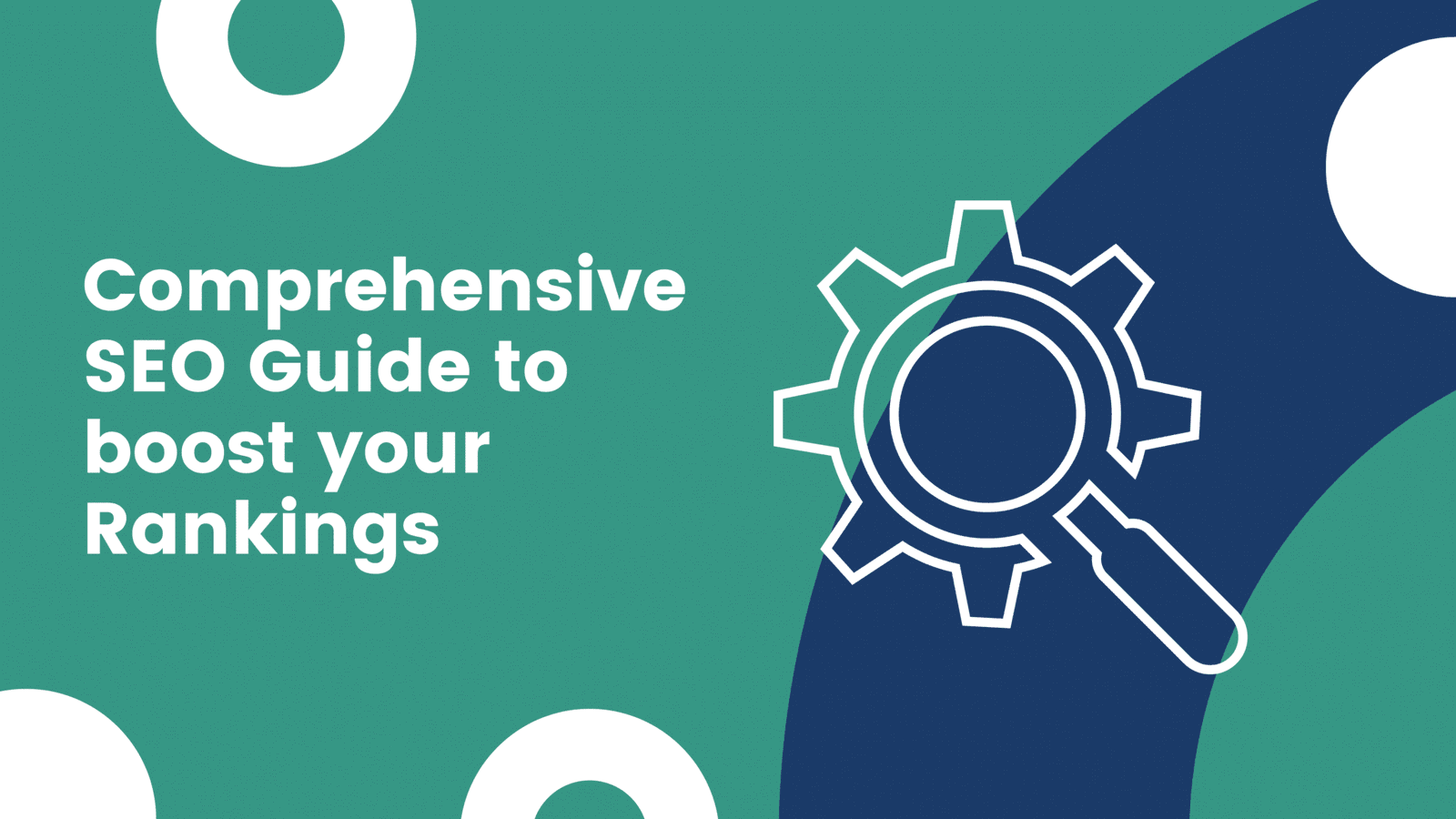In today's digital landscape, mastering SEO is crucial for businesses aiming to thrive online. API for SEO has emerged as a game-changing tool that can significantly enhance your search engine optimization strategies. Whether you're a seasoned digital marketer or just starting out, understanding how to leverage APIs in SEO can set you apart from the competition.
Search engine optimization (SEO) is no longer a one-size-fits-all approach. With the increasing complexity of online ecosystems, businesses need advanced tools to stay ahead. This is where API for SEO comes into play, offering powerful solutions to analyze, monitor, and optimize your website's performance.
In this comprehensive guide, we will explore the ins and outs of using APIs for SEO, from understanding their core functionalities to implementing them effectively in your campaigns. By the end of this article, you'll have a clear roadmap to harness the full potential of API for SEO and drive better results for your business.
Read also:How Old Is Harper Zimmerman A Comprehensive Guide
Table of Contents
- What is API for SEO?
- Benefits of Using API for SEO
- Types of SEO APIs
- How to Choose the Right API for SEO
- Implementing API for SEO
- Best Practices for Using API for SEO
- Tools and Integrations with API for SEO
- Case Studies: Success Stories with API for SEO
- Common Mistakes to Avoid with API for SEO
- The Future of API for SEO
What is API for SEO?
An API for SEO refers to a set of protocols, routines, and tools designed to help businesses and developers interact with search engines and other data sources programmatically. These APIs provide access to valuable data such as keyword rankings, backlink analysis, organic traffic insights, and more. By integrating these APIs into your workflows, you can automate tasks, gain actionable insights, and optimize your SEO strategies more efficiently.
For example, APIs from platforms like Google, Bing, or specialized SEO tools allow you to retrieve data on keyword performance, indexation status, and technical SEO issues. This data can then be used to make informed decisions about your content strategy, on-page optimization, and link-building efforts.
In short, API for SEO acts as a bridge between your website and search engines, enabling you to streamline processes and improve your site's visibility in search results.
Benefits of Using API for SEO
There are numerous advantages to incorporating API for SEO into your digital marketing strategy. Below are some of the key benefits:
- Automated Data Collection: APIs allow you to automate the collection of SEO-related data, saving time and reducing manual effort.
- Real-Time Insights: Access up-to-date information on keyword rankings, traffic trends, and other metrics to make timely adjustments to your strategy.
- Scalability: APIs can handle large volumes of data, making them ideal for enterprises with extensive SEO needs.
- Integration Capabilities: Seamlessly integrate SEO APIs with your existing tools and platforms for a cohesive workflow.
- Data-Driven Decisions: Leverage accurate and comprehensive data to inform your SEO decisions and achieve better outcomes.
Types of SEO APIs
Keyword Research APIs
Keyword research APIs provide valuable data on search volumes, competition levels, and trending keywords. These APIs help you identify the most relevant and profitable keywords for your target audience.
Rank Tracking APIs
Rank tracking APIs monitor your website's position in search engine results pages (SERPs) for specific keywords. They offer insights into how well your content is performing and where improvements can be made.
Read also:Tyler P Model The Ultimate Guide To Understanding The Rising Star In The Modeling Industry
Backlink Analysis APIs
Backlink analysis APIs allow you to examine the quality and quantity of links pointing to your site. This information is critical for building a strong and authoritative backlink profile.
Technical SEO APIs
Technical SEO APIs focus on identifying and resolving issues related to site structure, crawlability, and indexation. They help ensure that your website is optimized for both users and search engines.
How to Choose the Right API for SEO
Selecting the appropriate API for SEO depends on your specific needs and goals. Consider the following factors when making your decision:
- Features: Ensure the API offers the functionalities you require, such as keyword research, rank tracking, or backlink analysis.
- Compatibility: Check if the API integrates seamlessly with your existing tools and platforms.
- Scalability: Choose an API that can grow with your business and handle increasing data demands.
- Support and Documentation: Opt for APIs with comprehensive documentation and reliable customer support.
- Cost: Evaluate the pricing structure to ensure it aligns with your budget and provides value for money.
Implementing API for SEO
Once you've chosen the right API for SEO, the next step is implementation. Follow these steps to successfully integrate the API into your workflow:
- Sign Up: Register for an account with the API provider and obtain your API key.
- Documentation Review: Familiarize yourself with the API's documentation to understand its capabilities and limitations.
- Integration: Use programming languages like Python, PHP, or JavaScript to integrate the API into your systems.
- Testing: Test the API thoroughly to ensure it functions as expected and provides accurate data.
- Monitoring: Continuously monitor the API's performance and make adjustments as needed to optimize results.
Best Practices for Using API for SEO
To maximize the effectiveness of API for SEO, follow these best practices:
- Set Clear Goals: Define what you want to achieve with the API and align your efforts accordingly.
- Monitor Performance Regularly: Keep track of key metrics to assess the impact of your SEO strategies.
- Stay Updated: Keep abreast of changes in search engine algorithms and update your API usage accordingly.
- Optimize Data Usage: Use the data provided by the API to refine and enhance your SEO tactics.
- Collaborate with Teams: Share insights and findings with your team to foster a collaborative approach to SEO.
Tools and Integrations with API for SEO
Google Search Console API
The Google Search Console API offers valuable data on your site's performance in Google search results, including click-through rates, impressions, and query performance.
Semrush API
Semrush API provides comprehensive SEO data, including keyword research, backlink analysis, and competitor insights, all in one place.
Ahrefs API
Ahrefs API is renowned for its robust backlink analysis capabilities and offers extensive data on domain ratings, keyword difficulty, and more.
Case Studies: Success Stories with API for SEO
Many businesses have achieved remarkable success by leveraging API for SEO. For instance, a leading e-commerce platform used keyword research APIs to identify high-traffic keywords and optimize their product pages accordingly, resulting in a 40% increase in organic traffic. Another company utilized rank tracking APIs to monitor their competitors' positions and adjust their strategies, leading to a significant boost in rankings.
Common Mistakes to Avoid with API for SEO
While APIs can be incredibly powerful, there are common pitfalls to watch out for:
- Over-reliance on Automation: While automation is beneficial, it's essential to balance it with human oversight to ensure quality.
- Ignoring Data Quality: Always verify the accuracy of the data provided by the API to avoid making misguided decisions.
- Underutilizing Features: Explore all the functionalities offered by the API to get the most out of your investment.
- Not Monitoring Performance: Regularly track the API's performance to identify and address any issues promptly.
The Future of API for SEO
The future of API for SEO looks promising, with advancements in artificial intelligence and machine learning driving innovation. These technologies will enable more sophisticated data analysis, predictive insights, and personalized recommendations. As search engines continue to evolve, APIs will play an increasingly vital role in helping businesses stay ahead in the competitive digital landscape.
Conclusion
API for SEO is a powerful tool that can revolutionize your digital marketing efforts. By automating data collection, providing real-time insights, and enabling data-driven decision-making, APIs empower you to optimize your website's performance and enhance its visibility in search results. To succeed in today's fast-paced digital world, it's crucial to embrace these technologies and integrate them into your SEO strategies.
We encourage you to take action by exploring the various APIs available, implementing them into your workflows, and monitoring their impact. Share your experiences and insights in the comments below, and don't forget to check out our other articles for more valuable tips and tricks on SEO and digital marketing.


